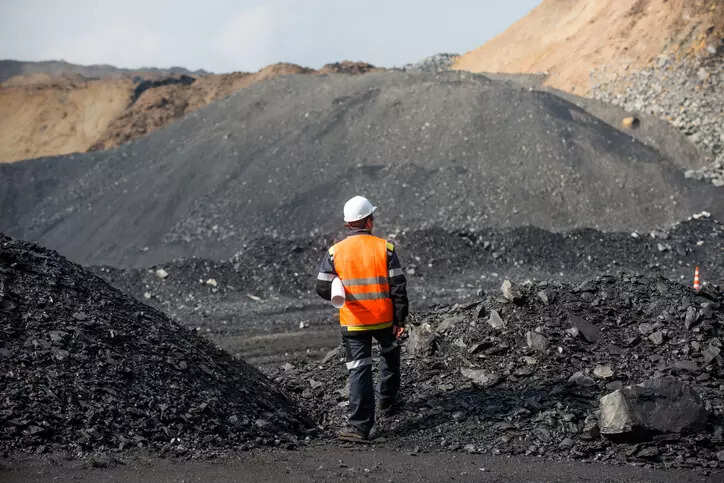
Indonesia on Wednesday launched the first phase of mandatory carbon trading for coal power plants, part of efforts by Southeast Asia’s biggest economy to boost renewable energy and achieve net zero emissions by 2060. Coal makes up more than half of Indonesia’s power generation.
The first stage of a carbon trading mechanism will cover 99 power plants with total installed capacity of 33.6 gigawatt directly connected to power grids owned by state utility Perusahaan Listrik Negara (PLN). “There are 500,000 tonnes CO2 equivalent ready to be traded,” said energy ministry official Mohamad Priharto Dwinugroho.
The figure refers to an estimate of the excess emissions over a total 20 million tonnes CO2 equivalent emission quota given to the power plants. Under the mechanism, power plants that emitted more carbon than their quota can buy carbon credits from plants with below-quota emissions or from renewable power plants. Dwinugroho said a market mechanism would set the price, but, according to an energy ministry study, the price may range between $2 and $18 per tonne.
Indonesia’s carbon trade applies to power plants with a capacity of at least 100 MW. Energy minister Arifin Tasrif said, however, it would later be rolled out to smaller coal plants and other fossil-fueled power plants, as well as power plants not connected to PLN’s grid. “Carbon pricing is one of the policies that could increase energy efficiency, reduce dependence on carbon energy, imported energy and can be a source of income for the company and government,” Arifin said at the launch, adding that carbon trading in power generation could reduce carbon emissions by 36 million tonnes by 2030.
Arthur Simatupang, chairman of the Indonesian private power producers association, said power plants could now monetise their efforts to reduce carbon emissions. One of the world’s biggest greenhouse gas emitters, Indonesia last year set a more ambitious target for reducing carbon emission by 31.89% on its own, or 43.2% with international support, by 2030.
That compared to its 2015 Paris Agreement pledge to cut emissions by 29% or 41% with international help. Authorities are studying the implementation of a carbon exchange and plan to set up agencies to monitor and verify emission volumes. Indonesia initially planned to tax the remaining carbon emissions that had not been offset by carbon credits, but the implementation has been delayed.
Also Read:
